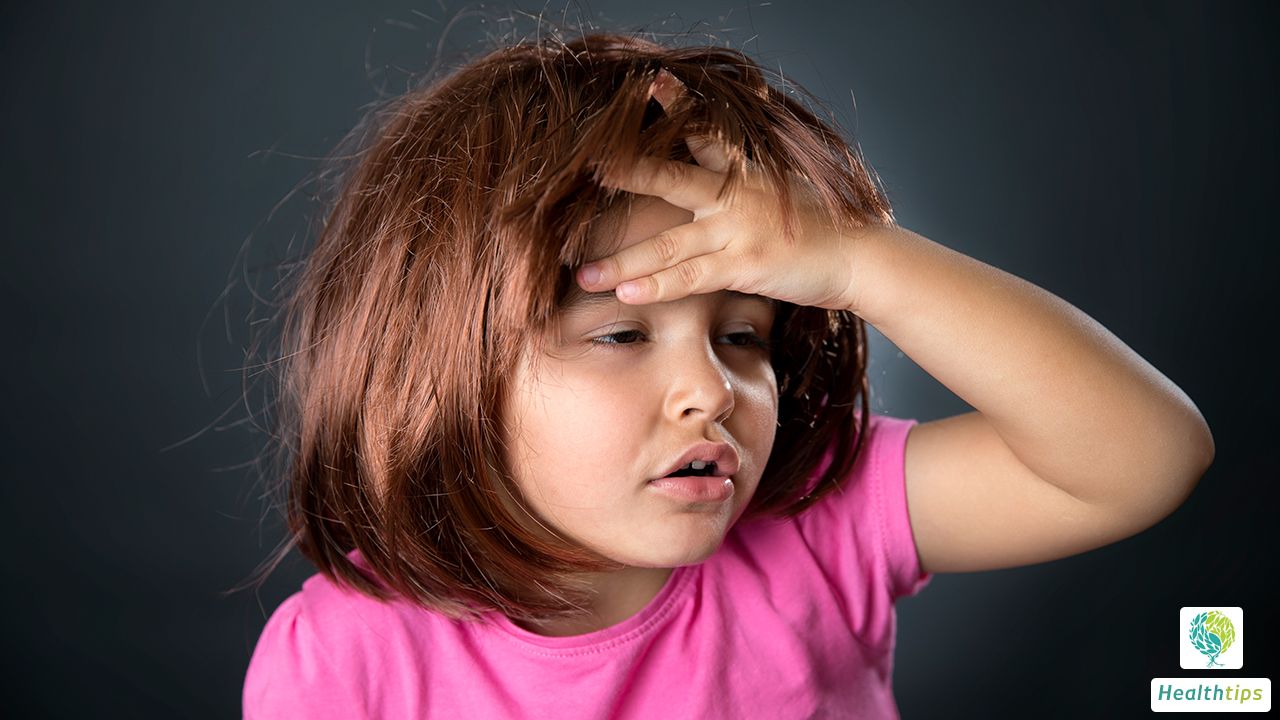Autism generally does not accompany children throughout their lives, and most patients have a good prognosis after active treatment. Autism is a developmental disorder of the mind, mainly manifesting as social interaction difficulties, communication disorders, narrow interests, and stereotyped behaviors. Here are the main symptoms:

1. Social interaction difficulties: Children with autism often have varying degrees of difficulties in interacting with others, such as a lack of eye contact, limited facial expressions, and difficulty distinguishing relationships;
2. Communication disorders: Children with autism have significant difficulties in language communication, such as being unable to pronounce normally or having low language comprehension abilities. Some children may also experience delayed speech or have a limited vocabulary;
3. Narrow interests and stereotyped behaviors: Children with autism often show little interest in toys but are particularly interested in non-toy items. They may also display repetitive and stereotyped behaviors, such as repeatedly clapping their hands or spinning in circles;
4. Other symptoms: Some children with autism may also have low intelligence and symptoms of epileptic seizures. If parents do not detect and intervene promptly, the condition may worsen.
For children diagnosed with autism, it is recommended that parents take them to the hospital as soon as possible for targeted treatment under the guidance of a doctor. Common treatment methods include educational intervention training, psychological therapy, and medication.




















